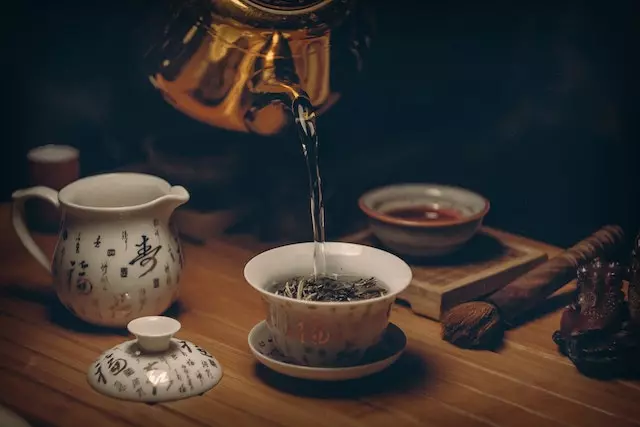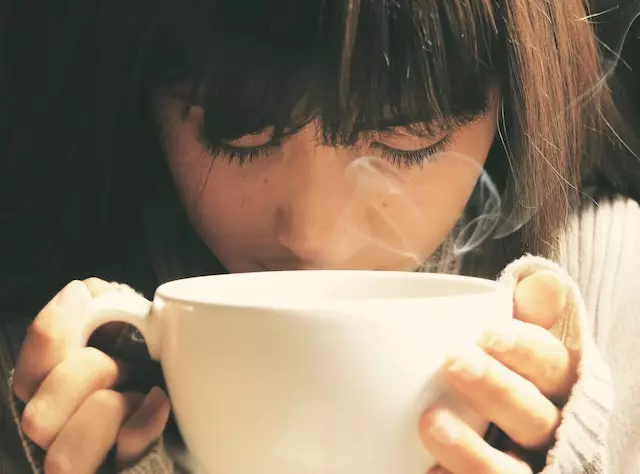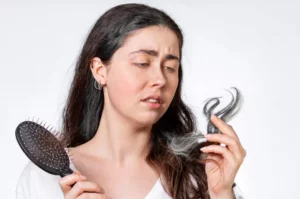What’s the latest time to drink coffee if you don’t want it to interrupt your sleep schedule?
While some people drink coffee in the mornings as a quick and easy picker-upper, some of us also drink coffee because we genuinely love the taste! An after dinner coffee is a must, although that can leave us in-taking caffeine as late as 8 or 9PM.

Coffee addicts who drink multiple cups of coffee a day, especially in the evening, have found it harder to fall asleep. You may be tired and ready for bed but the natural stimulant in caffeine can keep your mind racing and body unable to wind down.
Caffeine’s effects depend on a number of factors, including how sensitive you are to it and how much you’ve had to drink. So what’s the latest time you should drink coffee in order for it to not interrupt your sleep? You may not need to cut down on your coffee consumption but having your last cup a few hours earlier can greatly improve your sleep.
Why Coffee Makes It Hard To Sleep

Coffee includes caffeine which is a central nervous system stimulant that we usually think of as being helpful in getting us going in the morning. And while that’s true, caffeine can also keep us awake at night.
Caffeine works by blocking the action of adenosine, a chemical in the brain that helps regulate sleep. Adenosine levels gradually increase throughout the day and reach a peak at night, signaling to the brain that it is time to sleep.
Caffeine, however, prevents adenosine from binding to its receptors in the brain, leading to increased arousal and decreased feelings of drowsiness. This can make it difficult to fall asleep or stay asleep, leading to insomnia.
Additionally, caffeine can also suppress the production of melatonin, which is a hormone that regulates the body’s sleep-wake cycle. This can further disrupt the body’s natural sleep-wake cycle and make it harder to fall asleep at night.
Results May Vary

It’s important to note that the effects of caffeine can vary from person to person on how quickly it is metabolized by the body. Metabolism is the process by which the body breaks down substances and this process is different for everyone. Some people’s bodies naturally have a faster metabolism while others take longer to break down food and energy.
What’s The Latest Time To Drink Coffee

Caffeine in a cup of coffee has a half-life of about five to six hours, which means that it takes five to six hours for the body to break down half of the caffeine consumed. This means that if you drink coffee at 7pm, there will still be some caffeine in your system at midnight.
If you’re struggling with insomnia or other sleep issues, try cutting back on caffeine consumption later in the evenings limiting your last cup to 4 to 5PM. You can also try to switch over to decaffeinated coffee later in the day so you can still get your coffee fix in. Caffeine has been shown to delay the onset of sleep and reduce the overall quality of sleep. So if you’re looking to get a good night’s rest, it’s best to steer clear of caffeine altogether or at least 5-6 hours before you intend to go to sleep.
Alternatives to Coffee with Less Caffeine

There are several alternatives to coffee that have less caffeine or are caffeine-free, some of them are:
- Herbal teas: Herbal teas such as chamomile, lemon balm, and passionflower are caffeine-free and can help relax the mind and body.
- Decaffeinated coffee: Decaffeinated coffee still contains a small amount of caffeine but is a good option if you want to reduce your caffeine intake.
- Kombucha: This fermented tea drink can provide a boost of energy and probiotics, which can be good for gut health.
- Water: Drinking water can help increase alertness and improve cognitive function.
- Juice: Some fruit juices, like orange juice, contain natural sugars that can provide a boost of energy.
- Milk: A glass of milk can also provide a boost of energy and help improve cognitive function.
- Protein bars, energy bars, nuts or fruits can be a good morning alternative to coffee.







